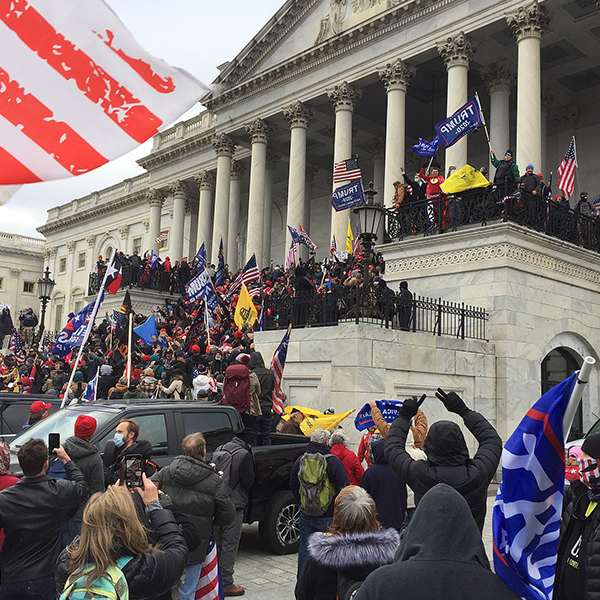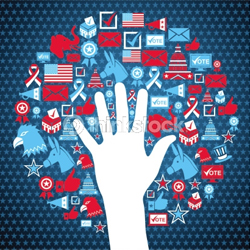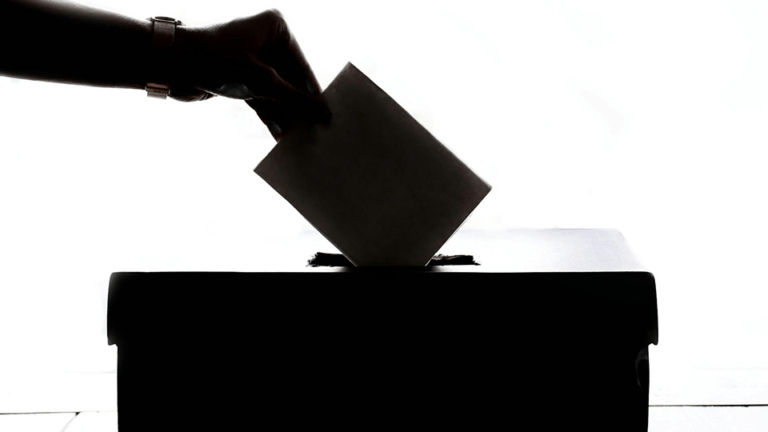Abstract

In recent years, social media technology has transformed the ways that Americans interact with each other. Social media usage is particularly high among young adults and college students (Lenhart et al., 2010), and recent research suggests that there is a relationship between social media usage and participation in civic and political activities (e.g., Fenton, 2011; Hampton et al. 2011). Recently, research has also examined the relationship between the Internet (and social media) and social capital (e.g., Shaw et al 2001; Ellison et al, 2007, Valenzuela et al., 2009). The research presented here assesses the extent to which students at a large, public, Midwestern university utilized social media during the 2010 midterm election year, the types of social media they preferred, their levels of social capital, and any impact these factors had on student political and community participation. With the exception of a weak, marginally significant association between Twitter usage and political participation, social media usage does not appear to be directly associated with traditional forms of student civic participation. However, we did find evidence of an indirect, mediated association between students’ social media usage and their civic participation. The importance of the Internet and social media for students appears to lie in its utility as an information gathering tool. Specifically, we found that students who used social media more frequently were more likely to access information about news online, which had a positive impact on levels of civic participation.
 In recent years, social media technology has transformed the ways that Americans interact with each other. Social media usage is particularly high among young adults and college students (Lenhart et al., 2010), and recent research suggests that there is a relationship between social media usage and participation in civic and political activities (e.g., Fenton, 2011; Hampton et al. 2011). Recently, research has also examined the relationship between the Internet (and social media) and social capital (e.g., Shaw et al 2001; Ellison et al, 2007, Valenzuela et al., 2009). The research presented here assesses the extent to which students at a large, public, Midwestern university utilized social media during the 2010 midterm election year, the types of social media they preferred, their levels of social capital, and any impact these factors had on student political and community participation. With the exception of a weak, marginally significant association between Twitter usage and political participation, social media usage does not appear to be directly associated with traditional forms of student civic participation. However, we did find evidence of an indirect, mediated association between students’ social media usage and their civic participation. The importance of the Internet and social media for students appears to lie in its utility as an information gathering tool. Specifically, we found that students who used social media more frequently were more likely to access information about news online, which had a positive impact on levels of civic participation.
In recent years, social media technology has transformed the ways that Americans interact with each other. Social media usage is particularly high among young adults and college students (Lenhart et al., 2010), and recent research suggests that there is a relationship between social media usage and participation in civic and political activities (e.g., Fenton, 2011; Hampton et al. 2011). Recently, research has also examined the relationship between the Internet (and social media) and social capital (e.g., Shaw et al 2001; Ellison et al, 2007, Valenzuela et al., 2009). The research presented here assesses the extent to which students at a large, public, Midwestern university utilized social media during the 2010 midterm election year, the types of social media they preferred, their levels of social capital, and any impact these factors had on student political and community participation. With the exception of a weak, marginally significant association between Twitter usage and political participation, social media usage does not appear to be directly associated with traditional forms of student civic participation. However, we did find evidence of an indirect, mediated association between students’ social media usage and their civic participation. The importance of the Internet and social media for students appears to lie in its utility as an information gathering tool. Specifically, we found that students who used social media more frequently were more likely to access information about news online, which had a positive impact on levels of civic participation.

